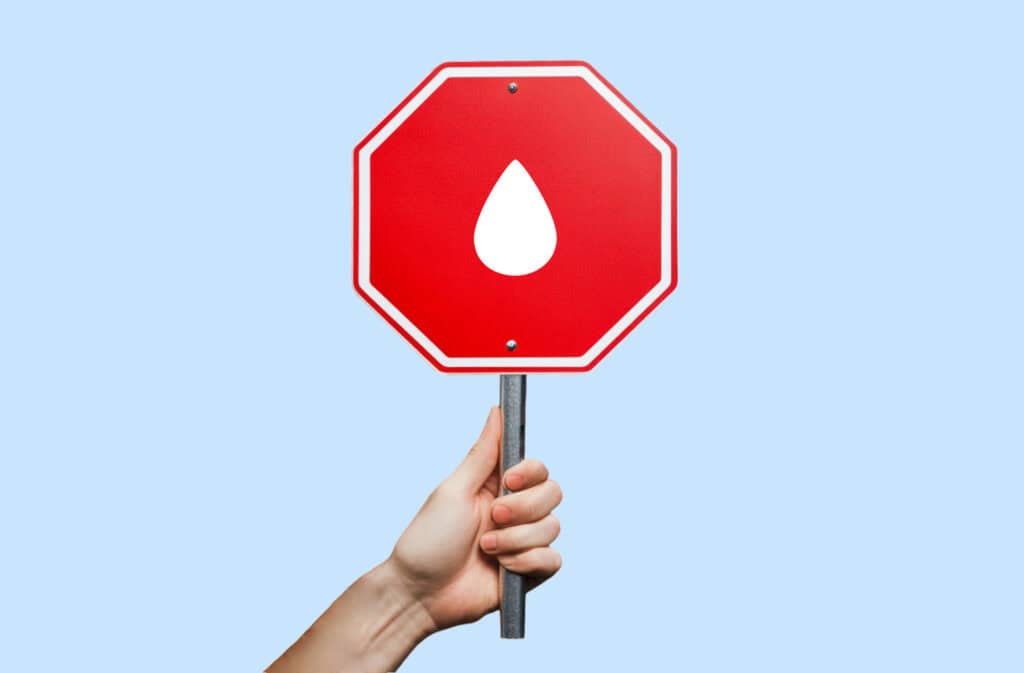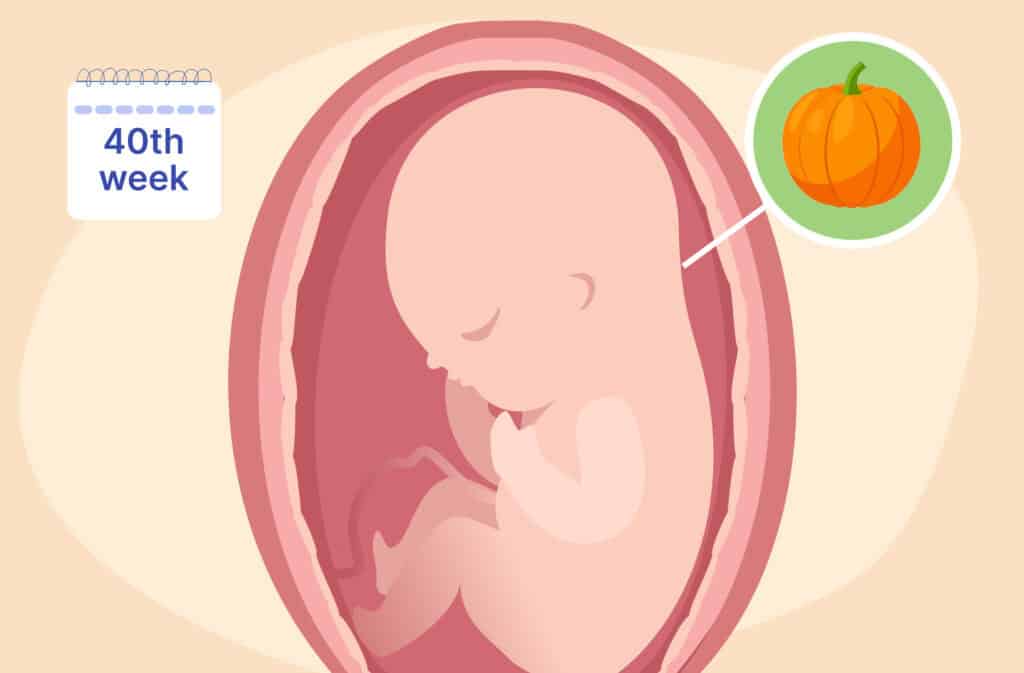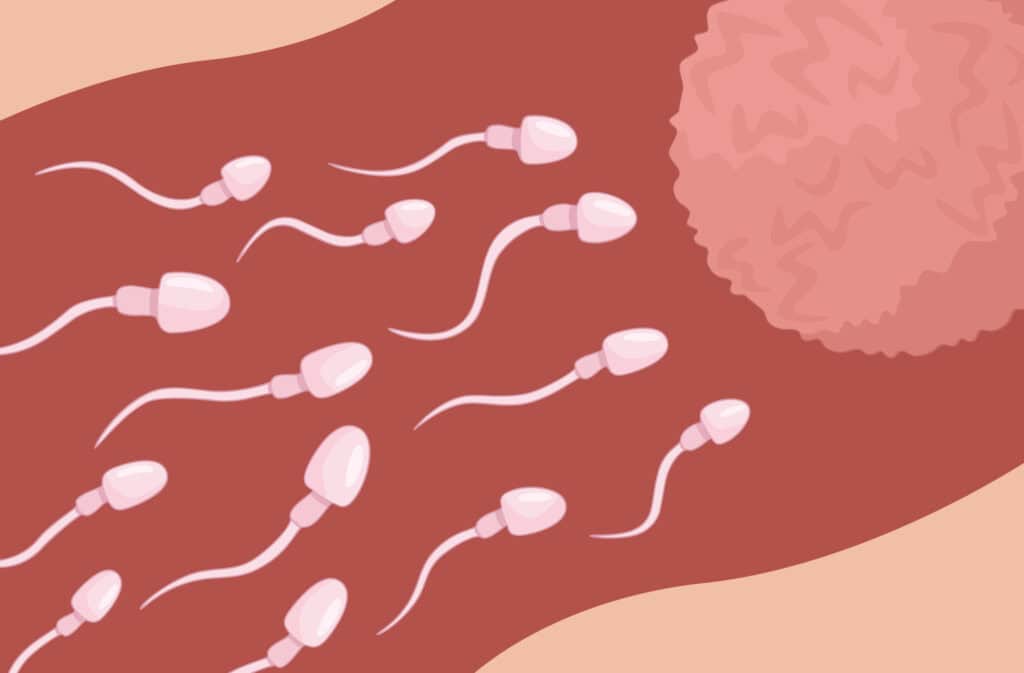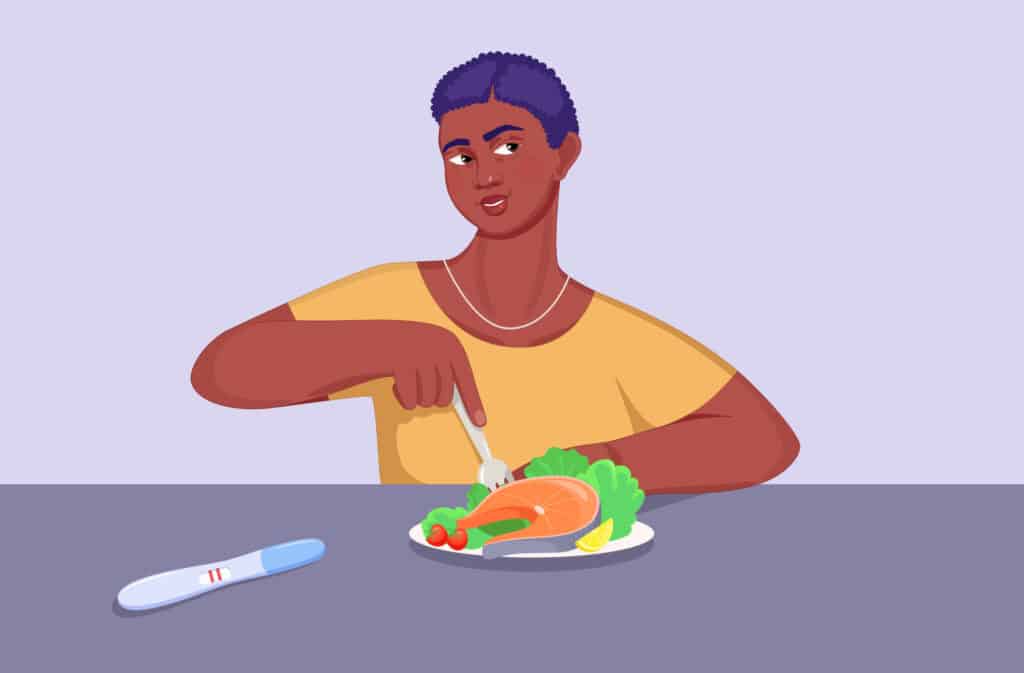Femia > Health Library > Your cycle > Health > How to stop your period: Safe tips for managing or shortening your cycle
How to stop your period: Safe tips for managing or shortening your cycle

- Updated Feb 11, 2025
- Published
CRAFTED BY HUMAN
Crafted by human At Femia, we provide accurate and up-to-date information at every stage of your journey, from trying to conceive, pregnancy and postnatal support. All content is created by a real person based on in-depth research and own professional experience. Femia ensures that you will receive expert advice, strict accuracy and a personalized approach from our authors/medical experts. Learn more about our editorial policy.
FACT CHECKED
Fact checked At Femia Health, we maintain the highest standards of editorial excellence in delivering content focused on helping you conceive, guiding you through pregnancy, and supporting you postpartum. Explore our content review principles to learn how we ensure the accuracy and quality of our health and lifestyle tips for every stage of your journey.
A healthy lifestyle, including regular exercise, staying hydrated, and essential nutrition, is one of the natural ways to stop your period or have shorter periods. You and your doctor can also discuss available medical options to shorten your period.
Avoid unsafe home remedies, which could result in side effects, such as GI distress, allergic reactions, or irregular bleeding. If you consistently have prolonged periods, or issues relating to your period, consult with your healthcare provider.
There are many reasons why you may be curious about ways to stop your period. Some of these include special functions or an upcoming vacation, and others could be linked to health conditions that result in prolonged periods every cycle.
Maintaining a healthy lifestyle and weight naturally results in shorter periods. However, some options available to stop your period require medical advice and a prescription. In this article, we will look into natural and medical methods you might use to stop your period. We will also highlight myths and facts you should be aware of when it comes to making your period end faster.
Femia helps millions of women track intimate health symptoms
and find solutions
Why might you want to stop or shorten your period?
You might be considering ways to stop your period for multiple reasons. One could be that you have a big event or function coming up. On the other hand, you may be experiencing a medical condition that has resulted in prolonged periods. Approximately 30% of women experience heavy menstrual bleeding, and some of the medical causes can include:
- Menorrhagia (heavy and prolonged periods)
- Endometriosis
- Hormonal imbalance in conditions such as PCOS or thyroid dysfunction
- Uterine growths, such as adenomyosis or fibroids
There are natural ways to stop your period or shorten your period. For consistently prolonged periods, you will need to check in with your doctor to identify if there is an underlying cause. Treating this underlying cause may help stop your period; however, your doctor can also recommend other personalized methods to shorten your period.
👉Find out more: Hypertonic pelvic floor: Symptoms, causes and how to find relief
How to stop your period naturally?
In many cases, you can regulate long periods naturally. This often involves assessing your lifestyle and finding ways to stop your periods by introducing some healthier routine habits.
Staying hydrated
A small Iranian study showed that regular water intake helped with having a normal duration of menstrual bleeding (4–6 days). While more studies are required to confirm such a finding, staying hydrated helps with menstrual flow and prevents dehydration. Additionally, staying hydrated is known to reduce bloating and period cramps—common discomforts of a monthly cycle.
Exercise
Regular exercise promotes a healthy balance of hormones. This favors the normal length of your menstrual cycles, including the length of your period. While it may not be one of the ways to stop your period, regular exercise helps you maintain a healthy weight, promoting healthy periods.
Heat therapy
Almost 50% of women use heat therapy to cope with severe period pain. It helps to relax the smooth muscles that can contribute to painful periods. It can also be one of the ways to shorten your period length, as heat may promote faster blood flow through uterine relaxation. While more studies are required to confirm this, there is no harm in trying heat therapy as one of the ways to stop your period naturally.
Maintaining a healthy weight
Being overweight or obese can contribute to having longer periods. The additional weight leads to hormonal imbalance, which can worsen pain as well as the length of your periods. Even a slight loss of weight can help improve the regularity of your periods.
👉Find out more: Do you gain weight on your period? Causes and tips for managing fluctuations
Medical options to stop or manage periods
If natural lifestyle changes aren’t making the difference you want, or in cases where there might be an underlying cause, there are a few medical ways to stop your period. Ideally, before considering this, you will have to get a check-up with your doctor to find out whether medical intervention is a suitable option for you.
Hormonal therapies
Among the medical ways to make your period end faster, your doctor might suggest hormonal birth control as an option. This could be birth control pills, progestin-only norethindrone, a hormonal intrauterine device, or a hormonal implant or injection. Depending on your goal, either to stop or shorten your period, your doctor can recommend a suitable method for you.
Be aware, however, that if you decide to stop your periods for a sustained amount of time using hormonal therapies, it can take up to six cycles for normal period flow to return.


Tranexamic acid
Among the medical ways to make your period end faster, your doctor might suggest hormonal birth control as an option. This could be birth control pills, progestin-only norethindrone, a hormonal intrauterine device, or a hormonal implant or injection. Depending on your goal, either to stop or shorten your period, your doctor can recommend a suitable method for you.
Be aware, however, that if you decide to stop your periods for a sustained amount of time using hormonal therapies, it can take up to six cycles for normal period flow to return.
Surgical intervention
If you have an underlying medical condition leading to prolonged periods, such as endometriosis or fibroids, your doctor may consider surgery as one of the ways to stop your period. For women who suffer from heavy menstrual bleeding with every period, surgery was observed to be more effective at reducing menstrual flow when compared to medical therapies. Endometrial ablation and hysterectomy are among the surgical therapies used to make your period end sooner.
Are there risks to stopping your periods?
When done under the supervision of your healthcare provider, menstrual suppression is safe with minimal risks. It is often a misconception that you need to have a period every month to reset your system since a period is only an indicator of normal hormonal function. You can still maintain optimal health if your period is suppressed through medical intervention.
Stopping your period can also result in other benefits such as:
- Increased energy
- Correction of anemia from heavy bleeding
- Improvement in mood
- Decrease in migraines related to PMS or periods
Breakthrough bleeding, where you have bleeding in between treatments, is one of the foremost adverse effects of continuous hormonal therapy. Another concern is the return of fertility after stopping contraceptive use. Most women can get pregnant within 6 to 12 months after stopping hormonal contraceptive use.
Femia helps millions of women track intimate health symptoms
and find solutions
Can you stop your period immediately?
While you can shorten the length of your periods through medical therapies, there is no quick fix to stop your periods immediately.
Sustained hormonal contraception through injections, patches, or an intrauterine device can stop your periods altogether, but this may also take a few months. Surgical procedures, such as a hysterectomy, which removes your uterus, will also stop your periods. However, this is usually a last resort for women who suffer from prolonged heavy menstrual bleeding.
Myths about stopping periods
Myth: Drinking lemon juice
Fact: Because of its acidic content, it has been theorized that lemon juice can delay your period. However, this is just a myth, with no scientific backing to prove whether it works or not.
Myth: Drinking a lot of water
Fact: As we have seen, staying hydrated may help to improve menstrual flow and lighten heavy periods. However, it is not proven to make your period stop faster.
Myth: Drinking vinegar mixed in water
Fact: There are no studies to suggest that mixing vinegar—apple cider vinegar being the most frequently used—with water can cause a reduction in period flow. A small study among PCOS patients, published in the Tohoku Journal of Experimental Medicine, showed that a vinegar beverage might help with the return of periods, but there is no evidence of the contrary.
Myth: Taking ibuprofen
Fact: Ibuprofen is used to treat period cramps. It is an anti-inflammatory medication that lowers cramp-causing prostaglandins, which also promote uterine contractions. Since contraction of the uterus favors blood flow during periods, you may think it can stop blood flow. However, it would take a high dose, which is not recommended or ever prescribed, to see such an effect. No studies have been conducted to confirm this theory, so it would be best to stay clear of such myths.
Myth: Taking the morning-after pill
Fact: The morning-after pill contains levonorgestrel, which helps prevent pregnancy through hindering conception. This pill may result in a delay in your periods, but will not stop them if they have started. Some women may experience heavier and prolonged bleeding if they have taken the morning-after pill during their cycle.
When to consult a doctor
If you want ways to stop your period, you should first consult your doctor about your options. After you have started on medical management, reasons you will need to check in with your doctor include:
- Persistent heavy periods
- Irregularity in periods
- Bleeding in between cycles
- Periods lasting for more than seven days
- Significant cramps and clots with your periods
- Pain in your legs or a new migraine
Questions from the Femia community
Is it bad to stop my periods for several months?
You can safely stop your periods for several months if your doctor has recommended medical therapy to do so. You will have to routinely check in with your doctor to ensure everything is progressing well, especially if you notice any adverse effects from your medical treatment.
What should I do if my periods are very heavy?
If your periods are very heavy, soaking through several period products in a day, or lasting more than seven days every cycle, you need to consult with your doctor. Underlying medical causes such as endometriosis, adenomyosis, or fibroids could be responsible for heavy menstrual bleeding.
Does sex make your periods end faster?
If you orgasm during sex, it can help with uterine contractions, which favor period blood flow. This doesn’t necessarily make your periods end faster but may help speed up the process to an extent.
The bottom line
From an impending vacation to the monthly fatigue of heavy, persistent bleeding—the reasons to stop your period can vary. To shorten your period, some natural lifestyle changes, such as regular exercise, a healthy diet, staying hydrated, and maintaining a healthy weight, may help. However, if you are looking for ways to stop your period, you will have to consult with your healthcare provider for an individualized medical plan .
Hormonal therapy is the primary method to medically stop your period. This can be started after a primary health check with your physician. Avoid self-medicating or using home remedies to stop your periods. Most accessible ways to stop your periods usually arise from myths about how your menstrual cycle functions. If you persistently struggle with heavy periods, consult with your healthcare provider for a personalized care plan.
References
- Karlsson, Trine S., et al. “Heavy Menstrual Bleeding Significantly Affects Quality of Life.” Acta Obstetricia Et Gynecologica Scandinavica, vol. 93, no. 1, Oct. 2013, pp. 52–57. https://doi.org/10.1111/aogs.12292.
- Torkan, Behnaz, et al. “The Role of Water Intake in the Severity of Pain and Menstrual Distress Among Females Suffering From Primary Dysmenorrhea: A Semi-experimental Study.” BMC Women’s Health, vol. 21, no. 1, Jan. 2021, https://doi.org/10.1186/s12905-021-01184-w.
- Potur, Dilek Coşkuner, and Nuran Kömürcü. “The Effects of Local Low-Dose Heat Application on Dysmenorrhea.” Journal of Pediatric and Adolescent Gynecology, vol. 27, no. 4, Mar. 2014, pp. 216–21. https://doi.org/10.1016/j.jpag.2013.11.003.
- Itriyeva, Khalida. “The Effects of Obesity on the Menstrual Cycle.” Current Problems in Pediatric and Adolescent Health Care, vol. 52, no. 8, July 2022, p. 101241. https://doi.org/10.1016/j.cppeds.2022.101241.
- Nassaralla, Claudia L., et al. “Characteristics of the Menstrual Cycle After Discontinuation of Oral Contraceptives.” Journal of Women’s Health, vol. 20, no. 2, Jan. 2011, pp. 169–77. https://doi.org/10.1089/jwh.2010.2001.
- Hurskainen, Ritva, and None Leminen. “Tranexamic Acid for the Treatment of Heavy Menstrual Bleeding: Efficacy and Safety.” International Journal of Women’s Health, Aug. 2012, p. 413. https://doi.org/10.2147/ijwh.s13840.
- Marjoribanks, Jane, et al. “Surgery Versus Medical Therapy for Heavy Menstrual Bleeding.” Cochrane Library, vol. 2016, no. 1, Jan. 2016, https://doi.org/10.1002/14651858.cd003855.pub3.
- Kantartzis, Kelly L., and Gina S. Sucato. “Menstrual Suppression in the Adolescent.” Journal of Pediatric and Adolescent Gynecology, vol. 26, no. 3, May 2013, pp. 132–37. https://doi.org/10.1016/j.jpag.2012.08.007.
- Cordova-Gomez, Amanda, et al. “Potential Biomarkers to Predict Return to Fertility After Discontinuation of Female Contraceptives – Looking to the Future.” Frontiers in Reproductive Health, vol. 5, Aug. 2023, https://doi.org/10.3389/frph.2023.1210083.
- Wu, Di, et al. “Intake of Vinegar Beverage Is Associated With Restoration of Ovulatory Function in Women With Polycystic Ovary Syndrome.” The Tohoku Journal of Experimental Medicine, vol. 230, no. 1, Jan. 2013, pp. 17–23. https://doi.org/10.1620/tjem.230.17.
- Raymond, E., et al. “Bleeding Patterns After Use of Levonorgestrel Emergency Contraceptive Pills.” Contraception, vol. 72, no. 3, Aug. 2005, p. 230. https://doi.org/10.1016/j.contraception.2005.06.003.

Discover what happens at 40 weeks pregnant, from baby development and symptoms to labor readiness and delivery tips.

Let’s learn how long does it take for sperm to reach an egg, when implantation happens and factors affecting the speed.

Wondering if you can eat salmon while pregnant? Discover the benefits of salmon during pregnancy, including safety tips for smoked salmon and portion sizes.

